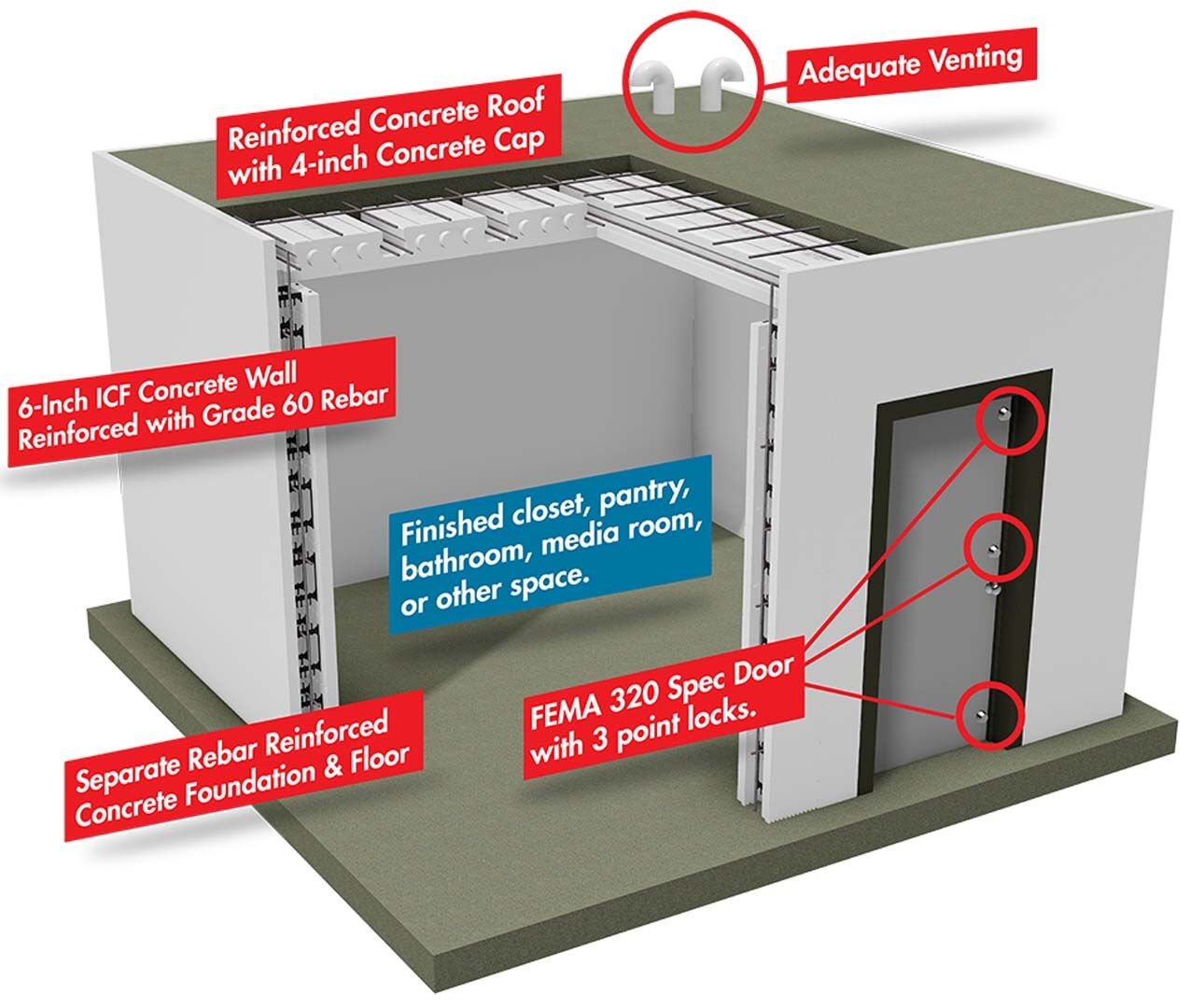
10 Environmental benefits of recycling
Recycling is a worldwide known method for protecting the environment. The idea of recycling is to protect natural resources and to minimize their consumption. In this article, we are going to present to you ten environmental benefits of recycling.
When it comes to reprocessing, secondary use of plastic is the top priority for recyclers. The main reason for that is pollution of environment this non-biodegradable material causes. Studies at https://eduzaurus.com/essay-
Reprocessing allows the use of secondary raw materials for new activities. Products are made of these, which are simply irreplaceable in economic activities. What are the advantages of this activity? First, reprocessing will make the environment cleaner, and secondly, delay the recovery of many natural resources that are easily replaced by secondary raw materials. Reprocessing of waste paper, for example, will save the forests from cutting down, as after all trees are the lungs of our planet.
Processing of non-food animal raw materials substantially lowers the costs of recycling animal waste. Accordingly, this would become a serious problem for the economy and environmental protection measures, in regions with an industrially developed network of slaughter shops. If you want to know more about
Things such as old bottles and disused rubber tires can become a common feature for our landfills. It may seem that we have these things in abundance, however, the resources that are required to produce them are about to end. The importance of recycling is that it enables to make use of all these junk items repeatedly without having to exploit new resources such as water, coal, oil, gas, and timber. Reprocessing has another advantage, which lies in the fact that is that humanity can focus on creating technology to utilize what already exists. For this reason, there are many support programs in the U.S. where industries receive a number of recyclable materials, which they later transform into new items.
By means of reprocessing, there come some energy savings, which causes less greenhouse gas emissions and it is among the key benefits of reprocessing. Greenhouse gases are the paramount reason for the global warming. It aims to reduce air and water pollution by means of reducing the number of pollutants, which are released into the environment. Here is an example, a 30% reprocessing rate is tantamount to disposing 30 million cars from the planet.
When aluminum cans are recycled, we can save 95% of the energy, which is required to produce such cans using raw materials. If you save energy by recycling a glass bottle, it will be sufficient to make a light bulb produce light for 3-4 hours. This is a good example of how much energy can be preserved on condition reprocessing is implemented on a large scale.
Less raw material is needed when recycling of products is implemented. A good thing about reprocessing is that it enables the humanity to preserve natural resources and prevents loss of biodiversity, ecosystems, and rainforests.
With the use of more reprocessing products, we can move toward greener technology. Given the fact that the use of renewable energy sources such as solar, wind and more is highly popular today, it can help to conserve energy and reduce pollution, which is very beneficial for the environment.
Recycling prevents global warming. In 2000, solid waste reprocessing prevented the release of 32.9 million tons of carbon into the air.
If you choose to recycle, you can reduce water pollution. If manufactures produce goods using recycled materials, this will account for less water pollution as opposed to manufacture from raw materials.













